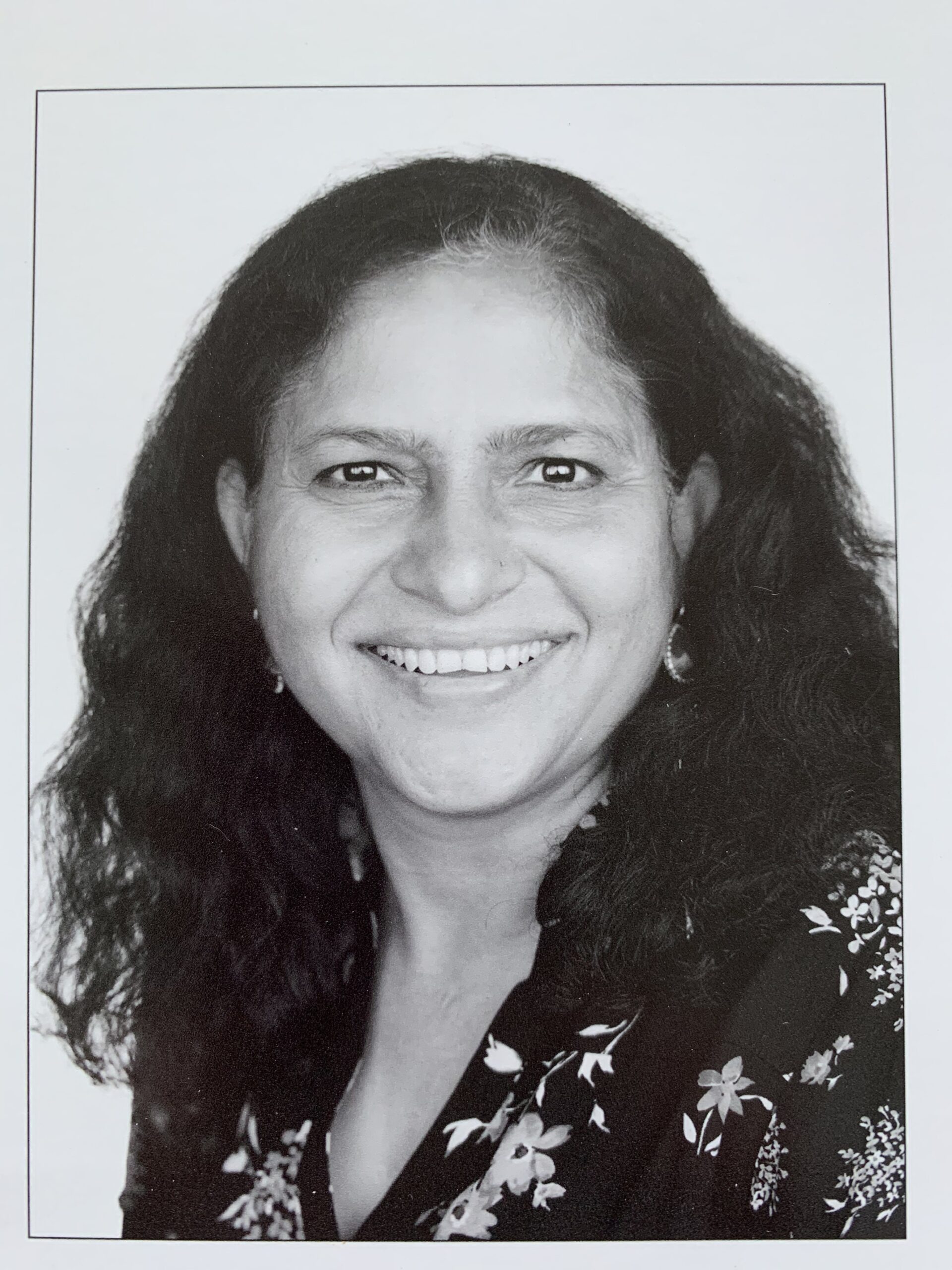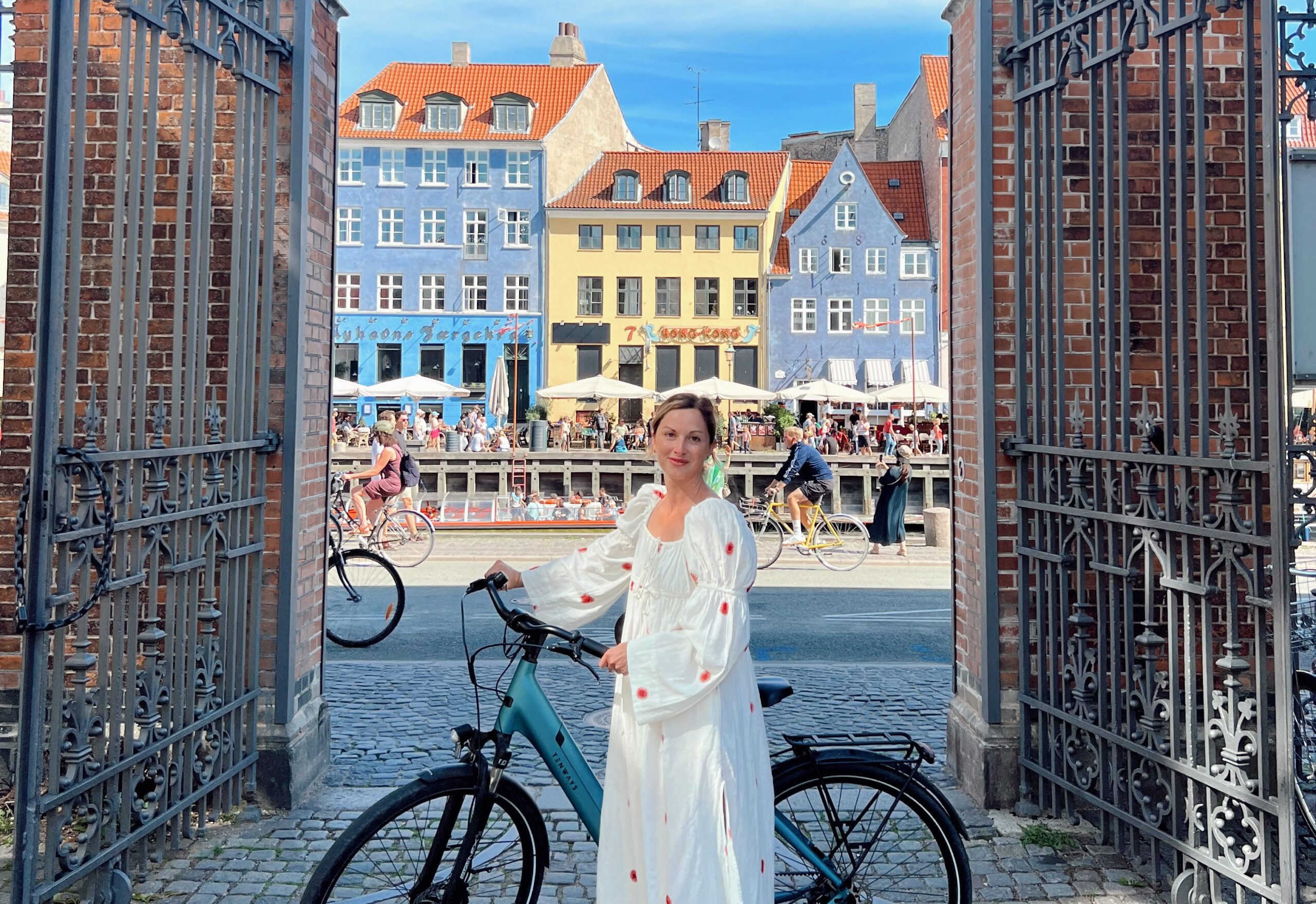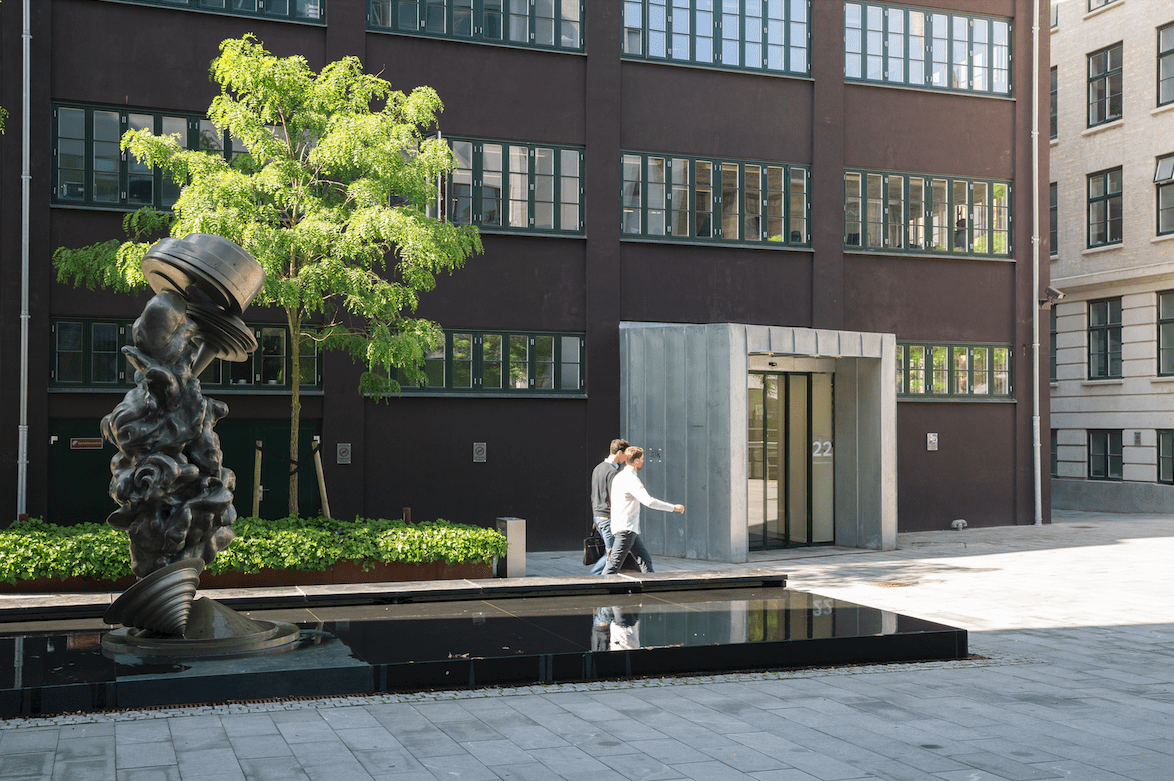Opposition parties Venstre, Konservative and Dansk Folkeparti have presented a set of demands they want the government to include in the on-going school reform.
Key aspects include improving the performance of lower secondary students as a way to bring them into the top five in PISA rankings and introducing grades in year four, when students are around ten or eleven years old, instead of year eight.
“Not giving students marks is a misguided compassion,” Karen Ellemann (Venstre) told Berlingske newspaper. “Students need to be constantly evaluated on what they are taking away from their lessons, and so that they can see that their work is paying off.”
The demands come after the opposition last week successfully lobbied the government to drop its proposed ‘activity time' from the reform. The time was to be set aside each week for a variety of non-academic activities.
In its proposal the opposition instead called for students to be given one hour of physical exercise every day.
“We are opposed putting together all sorts of different activities into the school curriculum but we do not oppose extra physical activity and exercise,” Konservative's leader Lars Barfoed told Berlingske. “Learning is improved when combined with exercise and it’s also a good habit to develop at a young age.”
While the opposition also insisted on improving foreign-language skills and implementing new initiatives to improve class discipline, a number of key areas were not mentioned in the list of proposals.
One is the amount of time students spend in school each week. The government wants to raise the number of hours by 30 percent, to 37 hours a week for the oldest children. Venstre has earlier suggested a 35 hour week and Dansk Folkeparti a 30 hour week.
And while Dansk Folkeparti joined the opposition in the demand to introduce foreign-language classes from year one, six and seven year olds, they are opposed to the government’s proposal to allow council-run lower secondary schools to establish international programmes, in which all teaching would be done in a language other than Danish, usually English.
“We fear that Danish will lose ground as children from affluent families will be directed toward these schools,” Alex Ahrendtsen (Dansk Folkeparti) told Berlingske. “Here they will be taught in a language other than their own, and Danish will become a second-rate language. We will be going back in time to when Danish was the common language, while English will come to replace Latin as the language of the elite.”
Dansk Folkeparti has threatened to veto the entire reform unless this provision is removed. Fellow opposition parties and business interest groups said such a move would be disappointing.
“It’s shocking that Dansk Folekparti would take businesses hostage like this,” Jannik Schack Linnemann, from business lobby group Dansk Erhverv, told Berlingske. “We are good at attracting highly skilled foreign labour but they don’t stay very long. Studies have shown that the opportunity to place their children in a school where they teach in English is an important factor in keeping them in the country.”
While Venstre and Konservative both expressed their support for increasing the availability of English-language education in order to attract highly skilled foreigners, Ahrendtsen argued Dansk Folkeparti simply wanted to protect the interests of Danes.
“We were not elected to protect the interests of international organisations or the UN,” Ahrendtsen said.
The negotiations are due to be completed by the end of next week.














